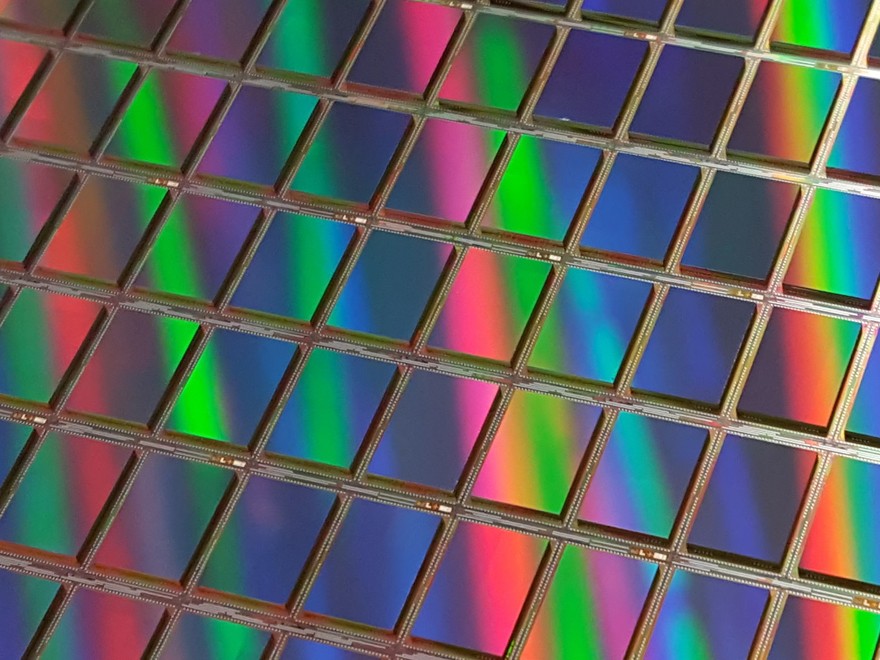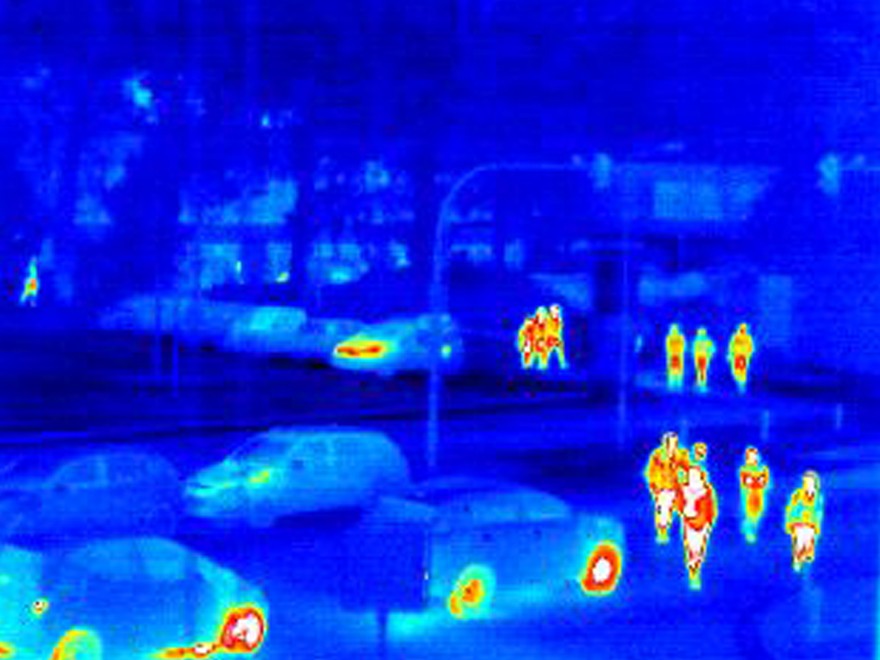Due to the progressive development of autonomous operating units for mobile autonomous manufacturing, highly dynamic, efficient and reliable sensors are increasingly required to detect the environment.
Autonomous driving and navigating units for mobile autonomous manufacturing require a wide variety of sensors, such as cameras in the VIS range, radar or ultrasonic systems, lidar systems, for safe and reliable continuous detection of the environment. However, sensors that work with visible light cannot quickly and reliably detect all obstacles in the path of a vehicle in poor visibility conditions.
Infrared sensors, on the other hand, detect heat radiated by obstacles, making the sensors an important addition to autonomous driving units. The unparalleled reliability offered by these sensors overcomes one of the main obstacles to the widespread adoption of mobile autonomous units.
By combining several of these sensors (sensor fusion), environmental sensing is ensured even under challenging environmental conditions.
In particular, FIR cameras as imaging systems benefit from the properties of "light" in the wavelength range from 8 µm to 14 µm due to a different physical detection principle than passive image sensors. They enable "seeing" even in difficult light and environmental conditions, such as tunnel entrances and exits, low sun, fog, or heavy rainfall. Autonomous units are used in both indoor and outdoor production environments, which can be dimly or inhomogeneously lit or unlit halls and storage areas, as well as production environments at night. In these conditions, the signal quality of cameras in the VIS range, but also of lidar systems, is greatly reduced, while FIR cameras provide detailed images and allow classification between people, robots, machine, or warehouse parts.
The use of FIR cameras in units for mobile autonomous manufacturing, especially outdoors, is almost indispensable in terms of safety. Another technical advantage of the FIR camera compared to the other systems is the relatively small amount of data needed to evaluate the system. This not only tends to make the evaluation faster, but also reduces the total amount of data to be transmitted for autonomous driving in mobile autonomous manufacturing.
In addition, uncooled infrared sensors can be used to reliably monitor the environment by day and night. The thermal image of persons, motor vehicles or other participants in production or logistics areas can be identified unambiguously and yet anonymously in line with data protection requirements.

